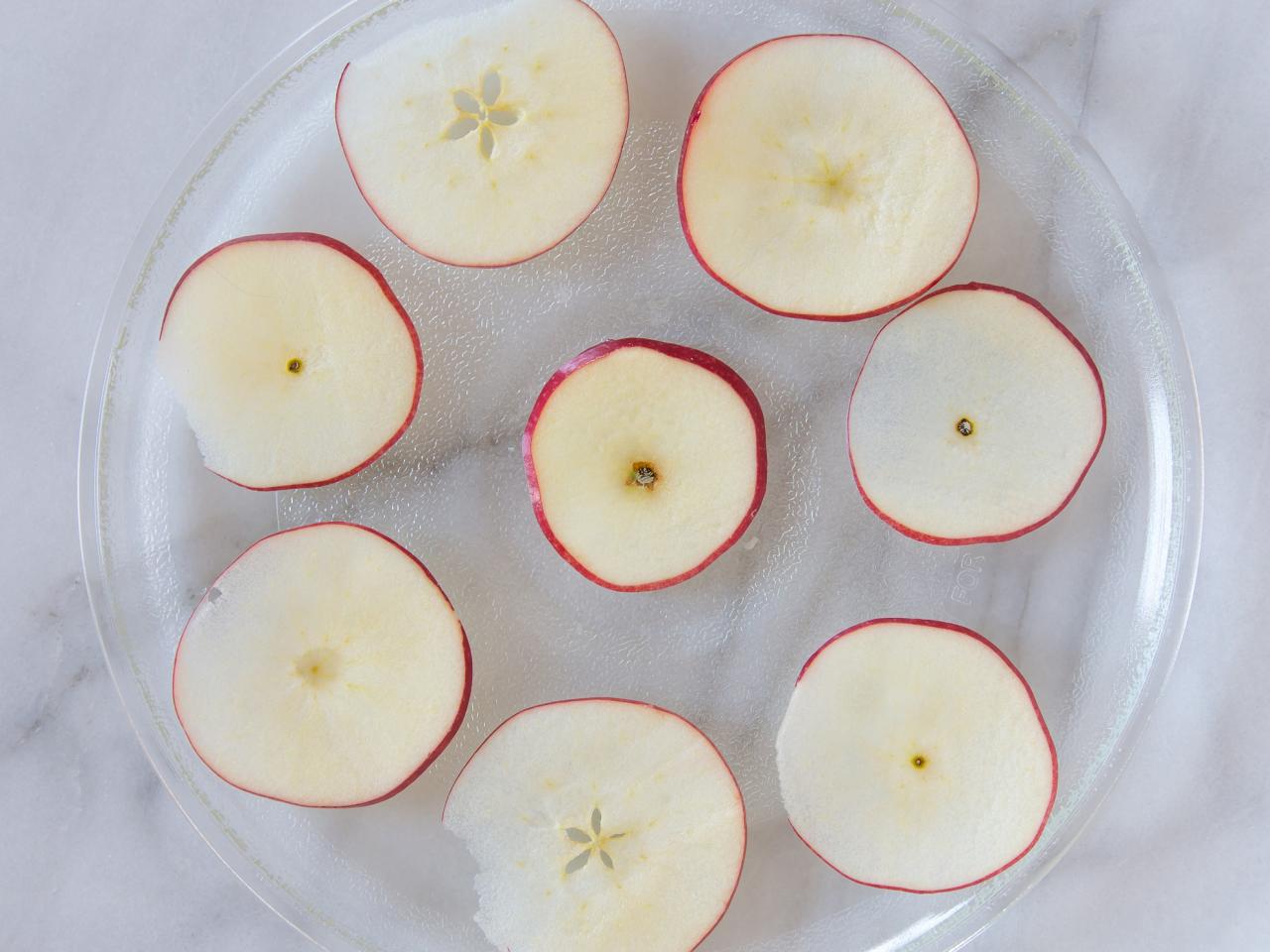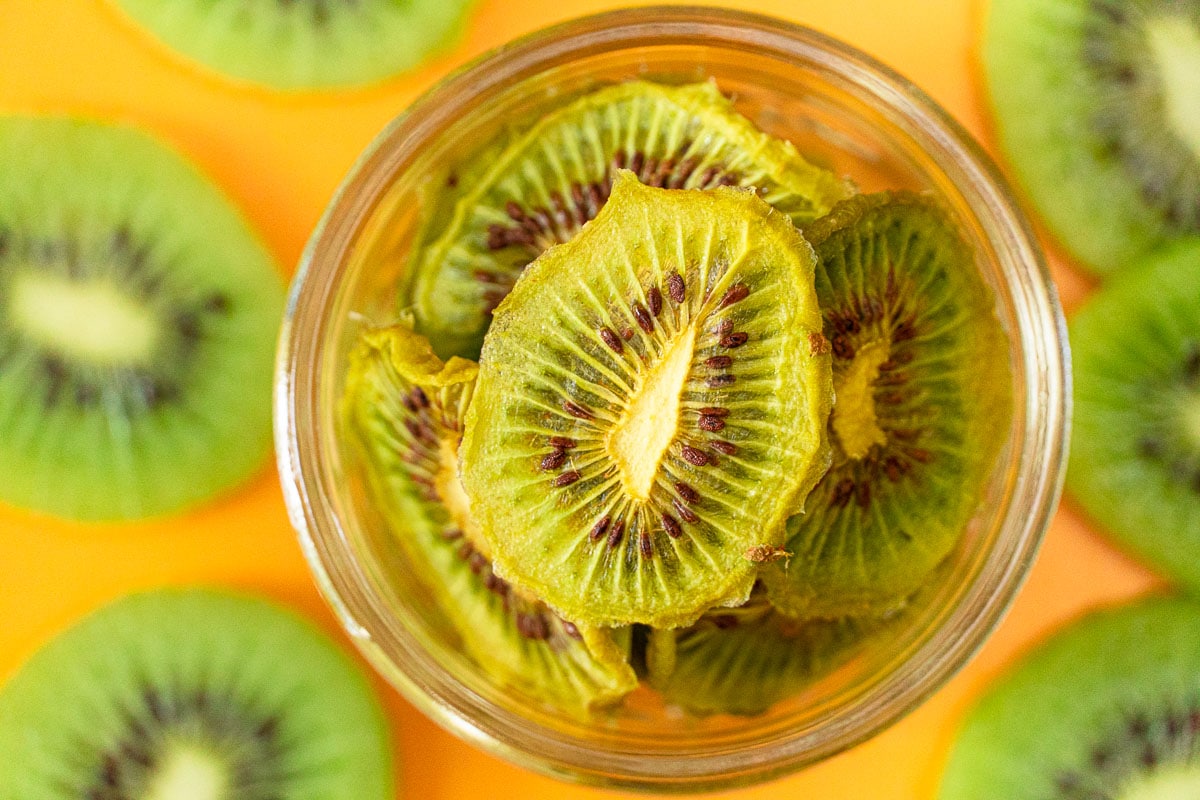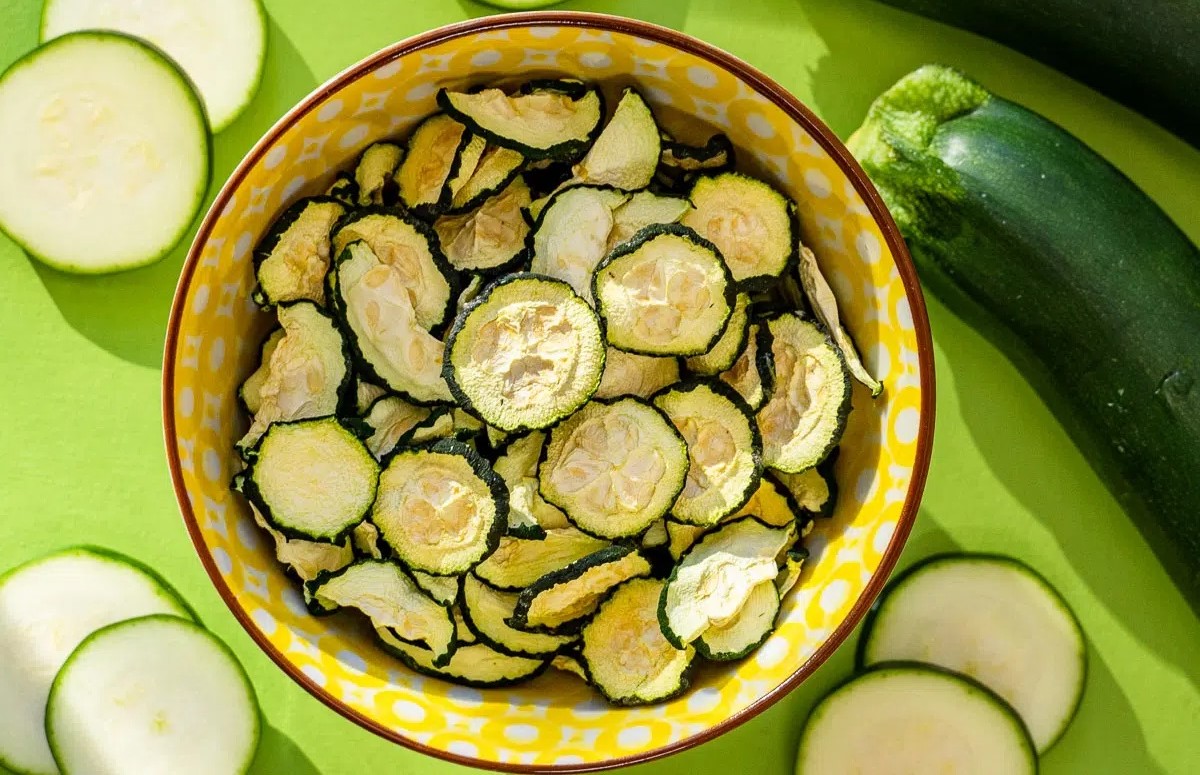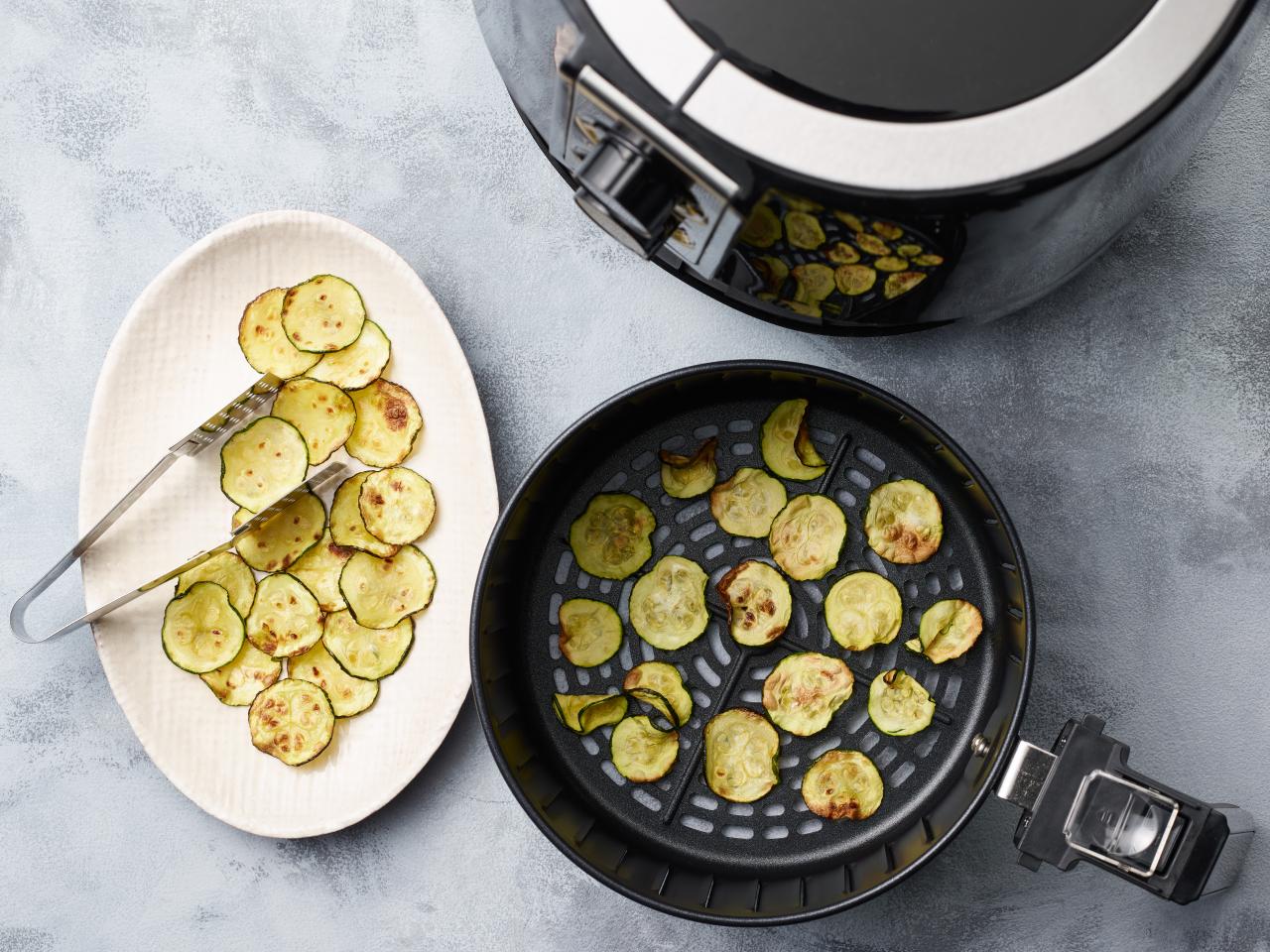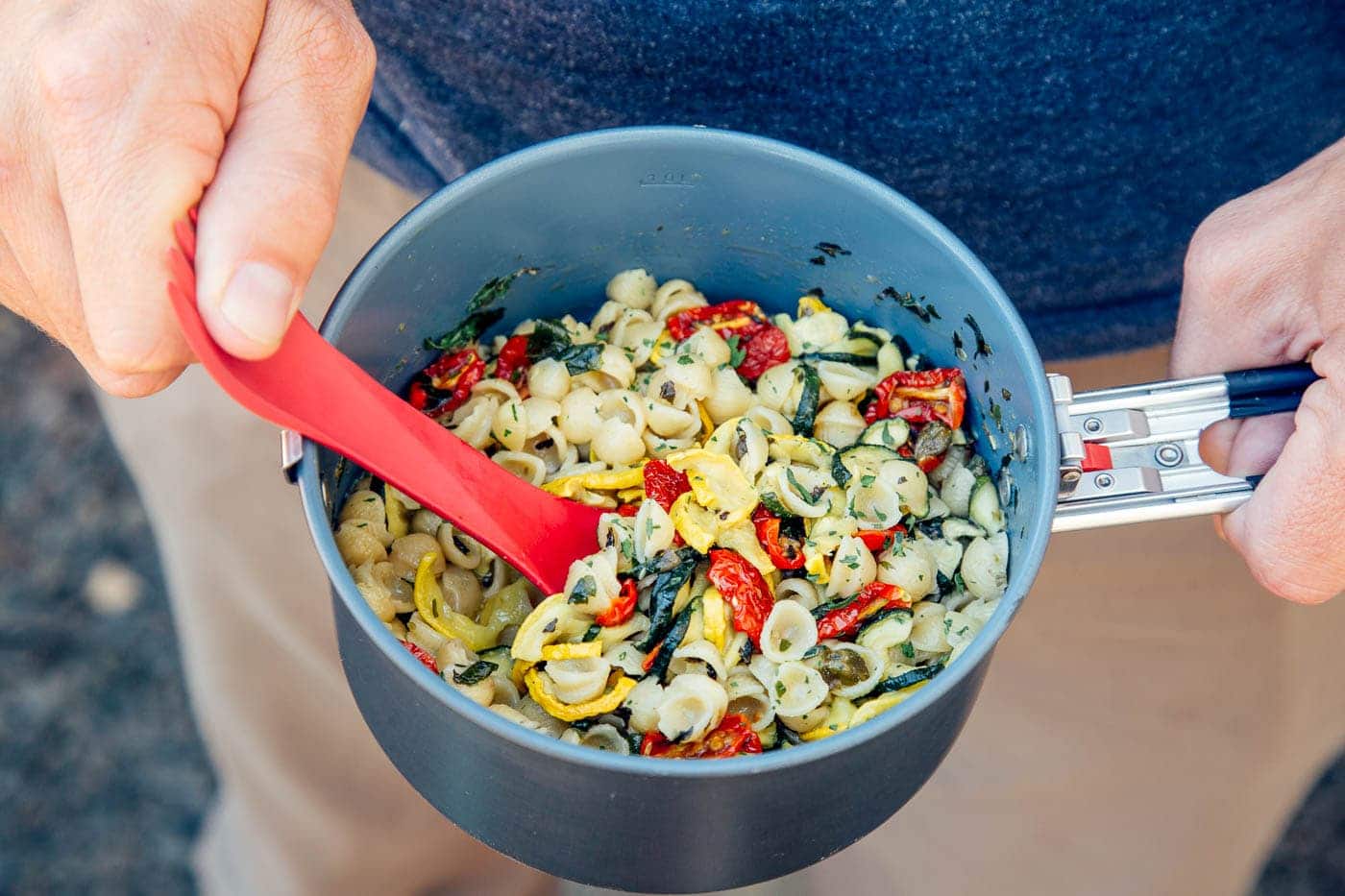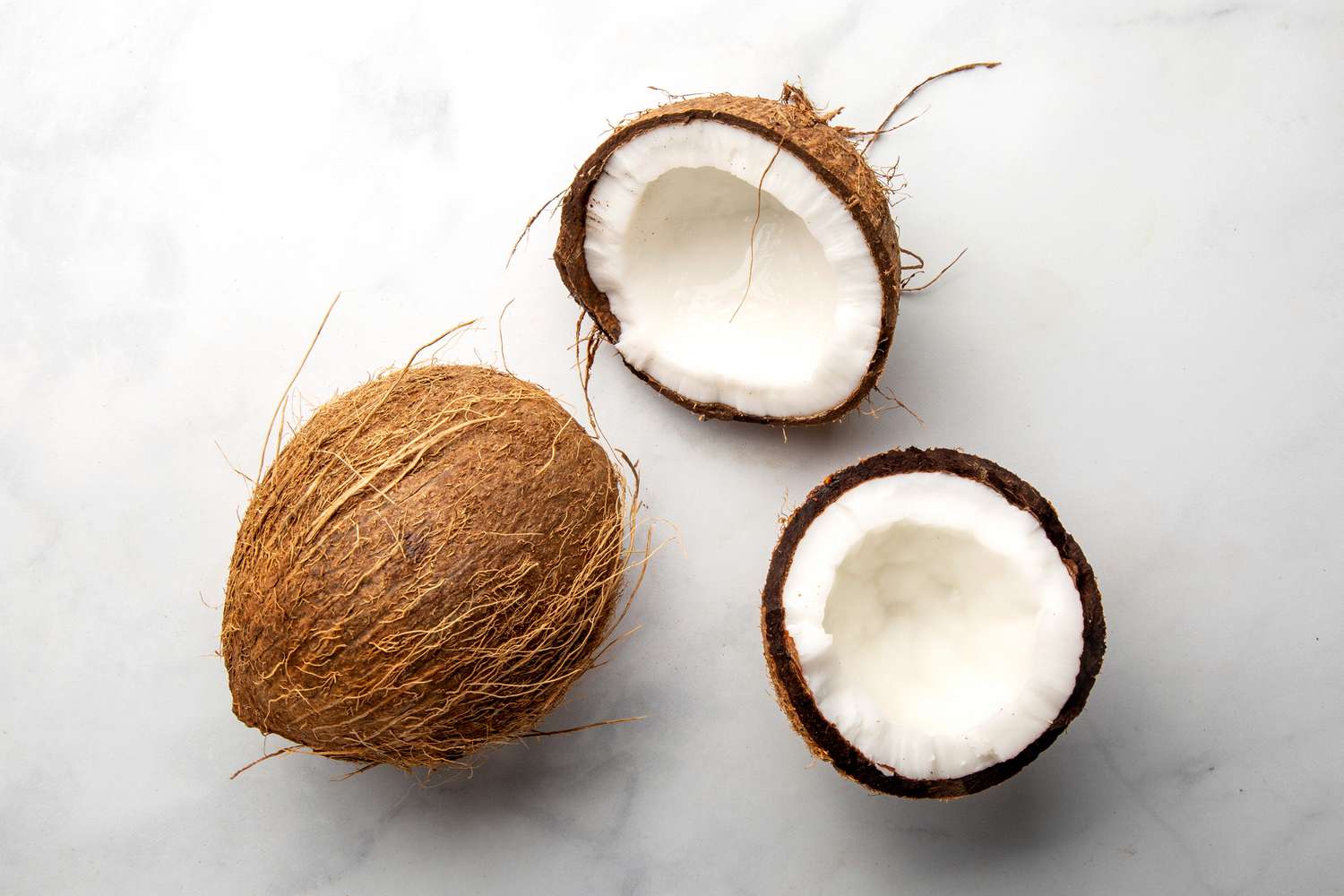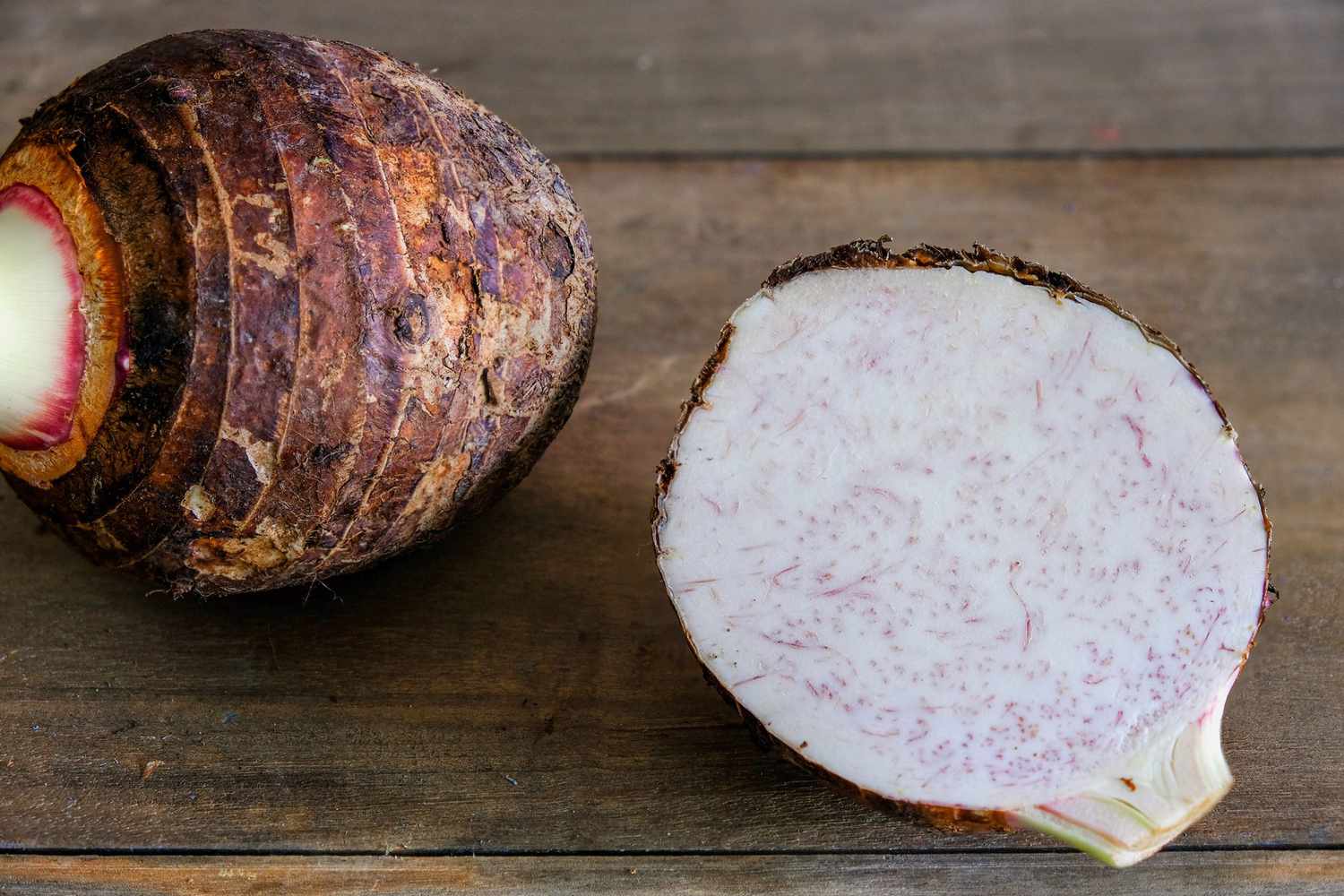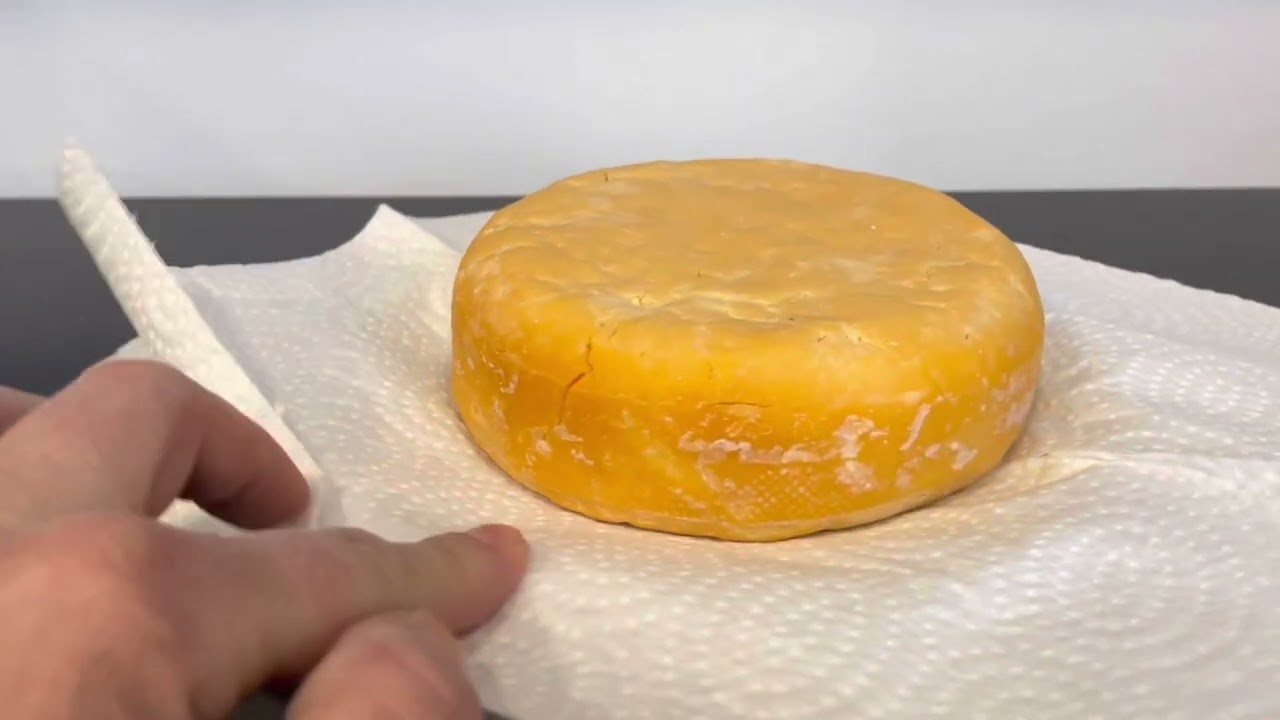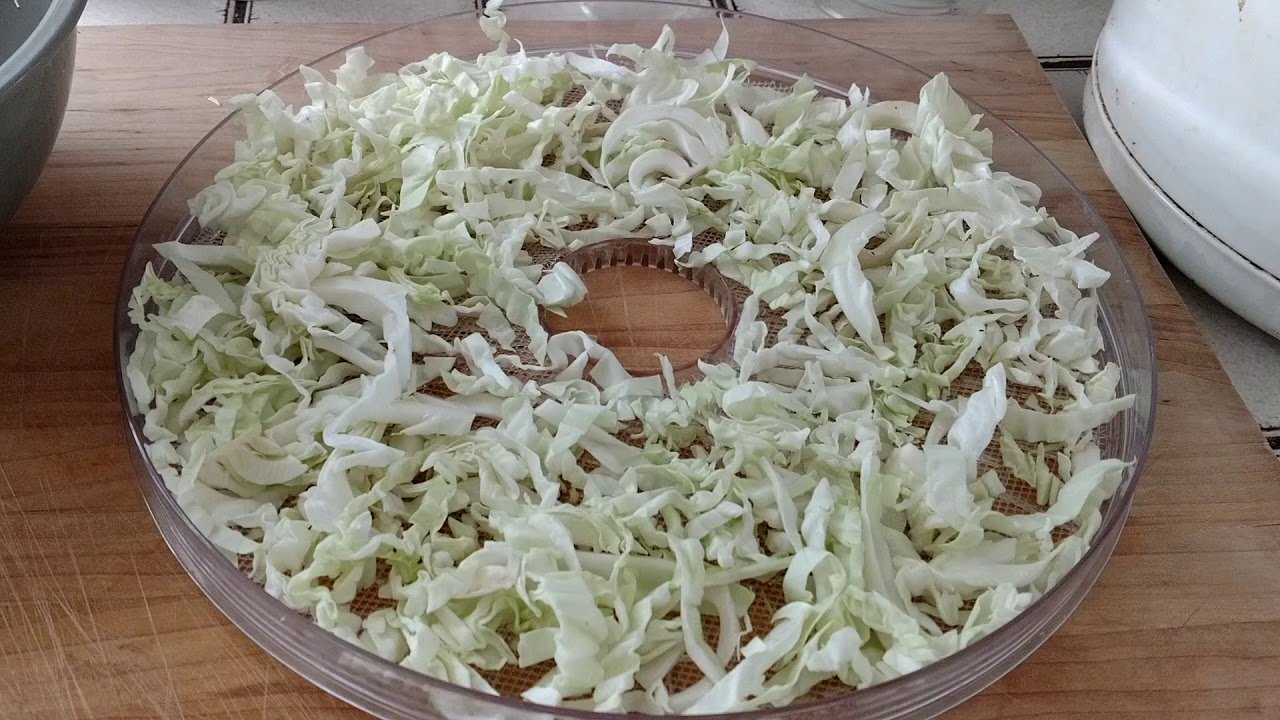How to Dehydrate Zucchini
Dehydrating zucchini is a great way to preserve this versatile vegetable for long-term storage. Whether you have an abundance of zucchinis from your garden or you simply want to take advantage of a sale at the grocery store, dehydrating zucchini allows you to enjoy this nutritious vegetable year-round. Follow these simple steps to dehydrate zucchini at home.
Step 1: Selecting and Preparing Zucchini
When choosing zucchinis for dehydration, opt for fresh, firm ones without any blemishes or soft spots. Wash the zucchinis thoroughly under running water to remove any dirt or debris. Trim off the ends and slice the zucchinis into uniform pieces, about 1/4 inch thick. You can also use a mandoline slicer to ensure consistent thickness.
Step 2: Blanching the Zucchini
Blanching the zucchini before dehydrating helps to preserve its color, flavor, and nutritional value. Bring a pot of water to a boil and prepare a bowl of ice water. Place the zucchini slices in the boiling water for 3 minutes, then quickly transfer them to the ice water to stop the cooking process. Drain the zucchini slices thoroughly and pat them dry with a clean kitchen towel.
Step 3: Dehydrating the Zucchini
Arrange the blanched zucchini slices in a single layer on the dehydrator trays, ensuring that there is some space between each slice for air circulation. Set the dehydrator to a temperature between 125°F and 135°F (52°C and 57°C) and allow the zucchini to dehydrate for 8 to 10 hours, or until they are completely dry and leathery to the touch.
Step 4: Conditioning the Dehydrated Zucchini
Once the zucchini slices are dehydrated, allow them to cool to room temperature. Transfer the dried zucchini to airtight containers, such as glass jars or vacuum-sealed bags. Let the containers sit for 7 to 10 days, shaking them gently once a day to redistribute any remaining moisture. This process, known as conditioning, helps to ensure that the zucchini is evenly dried and prevents spoilage during storage.
Step 5: Storing the Dehydrated Zucchini
Store the conditioned dehydrated zucchini in a cool, dark, and dry place, such as a pantry or cupboard. Properly dehydrated and stored zucchini can last for up to a year, retaining its flavor and nutritional content. Use the dehydrated zucchini in soups, stews, casseroles, and other dishes for a convenient and nutritious addition to your meals.
Benefits of Dehydrated Zucchini
- Long-term storage: Dehydrated zucchini has a long shelf life, allowing you to enjoy it throughout the year.
- Nutrient retention: Dehydrating zucchini preserves its nutrients, making it a healthy addition to your diet.
- Convenience: Dehydrated zucchini is lightweight and takes up minimal space, making it ideal for camping, hiking, and emergency preparedness.
- Versatility: Dehydrated zucchini can be rehydrated and used in a variety of recipes, adding flavor and nutrition to your dishes.
Dehydrating zucchini is a simple and effective way to extend the shelf life of this popular vegetable. By following these steps, you can enjoy the benefits of dehydrated zucchini in your favorite dishes while reducing food waste and saving money in the process.
So, the next time you have an abundance of zucchinis, consider dehydrating them to create a convenient and nutritious pantry staple that will enhance your culinary creations.
For those looking to put their dehydrated zucchini to good use, there are several recipes worth trying. Start with Dehydrated Zucchini Chips for a guilt-free snack that's easy to make. If you're in the mood for something heartier, Zucchini Lasagna offers a lighter twist on a classic dish. Zucchini and Lentil Stew is perfect for a cozy, nutrient-packed meal. For a quick and satisfying dinner, try Zucchini and Sausage Skillet. Lastly, Zucchini and Shrimp Scampi provides a delightful seafood option that's both flavorful and elegant. Each recipe showcases the versatility of dehydrated zucchini, making them a must-try for any home cook.
Was this page helpful?
Read Next: How To Dehydrate Homemade Cat Food

